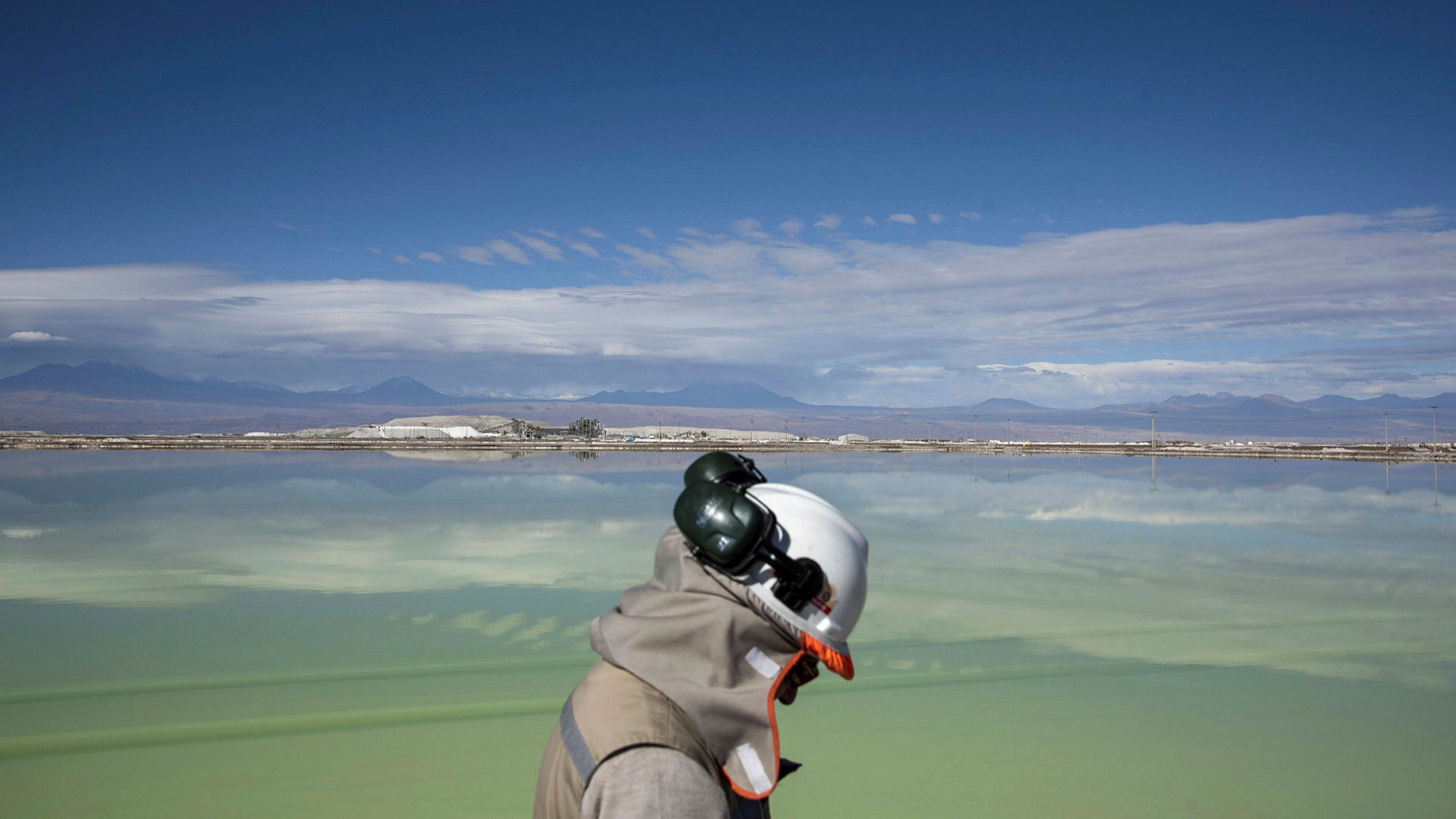The Atacama Desert in Chile has long been a source of salt and other minerals, but it is now at the center of an emerging battle for one of the most important elements in modern technology: lithium. As the demand for electric cars, smartphones, and other battery-powered devices continues to grow, so does the demand for lithium, which is a key component of the rechargeable batteries that power these devices.
In recent years, a handful of mining companies have flocked to the Atacama Desert in search of lithium, which is often referred to as "white gold" due to its high value and importance. But the race to extract lithium from the salt lakes of the Atacama has raised concerns about the environmental impact of mining, as well as questions about who will ultimately control this valuable resource.
The Importance of Lithium in Modern Technology
Lithium is a highly reactive metal that is used in a wide range of applications, including batteries, ceramics, and glass. However, its most important use is in rechargeable batteries, which are used in everything from smartphones and laptops to electric cars and solar panels.
As the world continues to transition towards cleaner and more sustainable energy sources, the demand for lithium is expected to skyrocket. According to a report by Grand View Research, the global lithium-ion battery market is expected to reach $93.1 billion by 2025, up from $36.7 billion in 2019.
The Salt Lakes of the Atacama Desert
The Atacama Desert is home to some of the world's largest salt flats, including the Salar de Atacama, which is located in northern Chile. The Salar de Atacama contains an estimated 27% of the world's lithium reserves, making it a highly coveted resource.
However, extracting lithium from the salt flats of the Atacama is not an easy process. The region is one of the driest places on Earth, with some areas receiving no rainfall at all. As a result, the salt flats are covered by a thin layer of water that contains high concentrations of lithium, but extracting this lithium is a complex and expensive process.
The Battle for Control of Atacama's Lithium Resources
Several mining companies have set up operations in the Atacama Desert in recent years, including SQM, Albemarle, and Lithium Americas. However, the Chilean government has also been seeking to exert greater control over the country's lithium resources, which has led to tensions between mining companies and the government.
In 2018, the Chilean government passed a law that allowed it to increase royalties on lithium sales from 7% to 75%, which sparked outrage among mining companies. The law also gave the government greater control over the issuance of lithium mining permits, which has led to delays and uncertainty for mining companies operating in the region.
The Environmental Impact of Lithium Mining in the Atacama
The extraction of lithium from the salt flats of the Atacama has raised concerns about the environmental impact of mining. The region is home to a unique ecosystem of flora and fauna that has adapted to the extreme conditions of the desert.
Mining companies have been accused of drawing too much water from the salt flats, which can disrupt the delicate balance of the ecosystem. Additionally, the chemicals used in the extraction process can also contaminate nearby water sources and harm wildlife.
I'm reaching out to ask for help in raising funds to purchase a modest, dependable used car. Having a vehicle would not only restore my independence but also allow me to engage more actively in my community and maintain essential aspects of daily living.
Help Chris Regain Independence with a Reliable Vehicle at GoGetFunding


